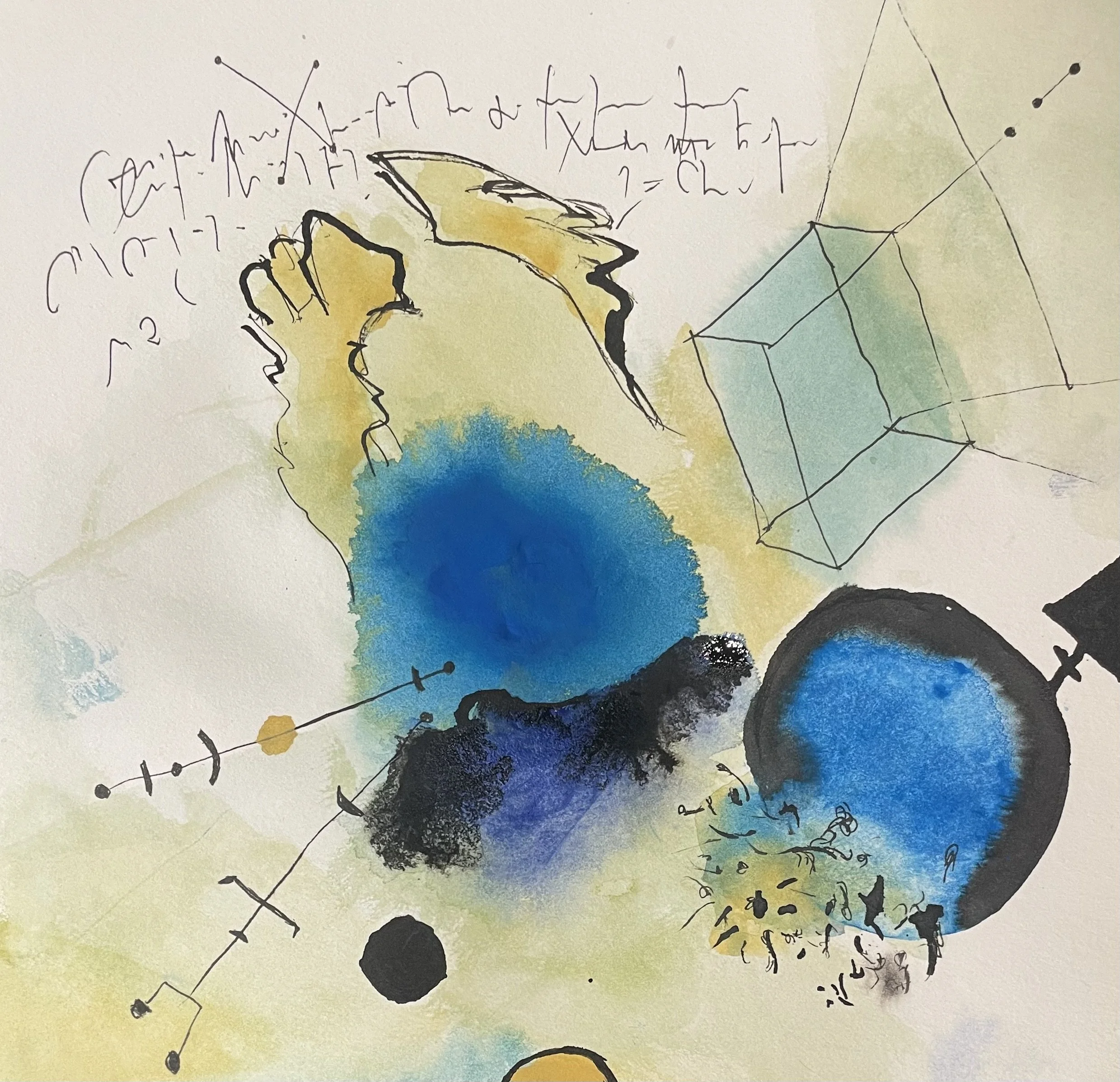SEE YOU AT ONE OF THESE
EVENTS AND PERFORMANCES!!
2026 EVENTS AND PERFORMANCES
January 16, 2026, Providence, Rhode Island
Ilektrikes rimes — Community MusicWorks
Community MusicWorks
January 16, 2026, Belgrade, Serbia
Ućutkivanje Sokrata, a play by Howard Brenton
Directed by N. Bradić, music by A. Vrebalov
CAST: Bojan Dimitrijević, Jugoslav Krajnov, Jelena Stupljanin / Milica Zarić, Sanja Ristić Krajnov
Festival Teatar u jednom dejstvu, Serbia
January 19, 2026, Hamburg, Germany
Four Faces, Four Wings — MAAT Saxophone Quartet
Elbphilharmonie Hamburg
January 22, 2026, 18h, Novi Sad, Serbia
XENIA AND THE BISHOP, a music fairytale, Pozoriste mladih, mala scena, Novi Sad, Serbia, directed by Emilija Mrdakovic
January 24, 2026, Gateshead, United Kingdom
Four Faces, Four Wings — MAAT Saxophone Quartet
The Glasshouse
January 25, 2026, Belgrade, Serbia
MAMA, a play by Morgan Lloyd Malcolm
Directed by N. Bradić, music by A. Vrebalov
Mala scena, Atelje 212
January 31, 2026, Stockholm, Sweden
Four Faces, Four Wings — MAAT Saxophone Quartet
Konserthuset Stockholm
February 1, 2026, THE HAGUE
Danube Etude — Fidan Edler Aghayeva, The Hague International Sound Art Festival,
3 HOUR PIANO MARATHON - Liegestuhl Edition
February 14, 2026, Barcelona, Spain
Four Faces, Four Wings — MAAT Saxophone Quartet
L’Auditori Barcelona
February 18–21, 2026, Providence, RI, USA
Aleksandra Vrebalov in residence — Community MusicWorks
Providence, RI
February 21, 2026, Providence, RI, USA
Ilektrikes rimes — Community MusicWorks Ensemble
Community MusicWorks
February 21, 2026, Dortmund, Germany
Four Faces, Four Wings — MAAT Saxophone Quartet
Konzerthaus Dortmund
March 12, 2026, Belgrade, Serbia
The Knock, baritone aria — Marko Pantelic, baritone, Djordje Nesic, piano
Gallery at the Serbian Academy of Sciences and Arts
March 13, 2026, Paris, France
Four Faces, Four Wings — MAAT Saxophone Quartet
Philharmonie de Paris
March 15, 2026, Lisbon, Portugal
Four Faces, Four Wings — MAAT Saxophone Quartet
Fundação Calouste Gulbenkian
March 25, 2026, Amsterdam, Netherlands
Four Faces, Four Wings — MAAT Saxophone Quartet
Het Concertgebouw
April 21, 2026, Luxembourg, Luxembourg
Four Faces, Four Wings — MAAT Saxophone Quartet
Philharmonie Luxembourg
April 30 - May 3, 2026, New York CIty
In Atlantis — WORLD PREMIERE, Brooklyn Youth Choir, Dianne Berkun Manaker conducting
Bang on a Can Marathon 2026
May 09, 2026, Reykjavík, Iceland
Four Faces, Four Wings — MAAT Saxophone Quartet
Harpa Reykjavík
May 23, 2026, Porto, Portugal
Four Faces, Four Wings — MAAT Saxophone Quartet
Casa da Música Porto
